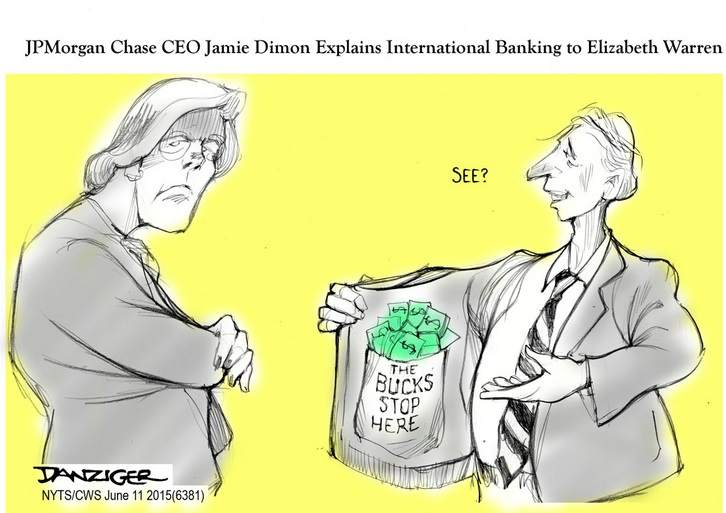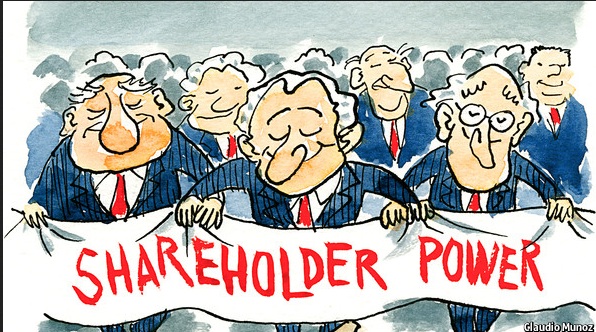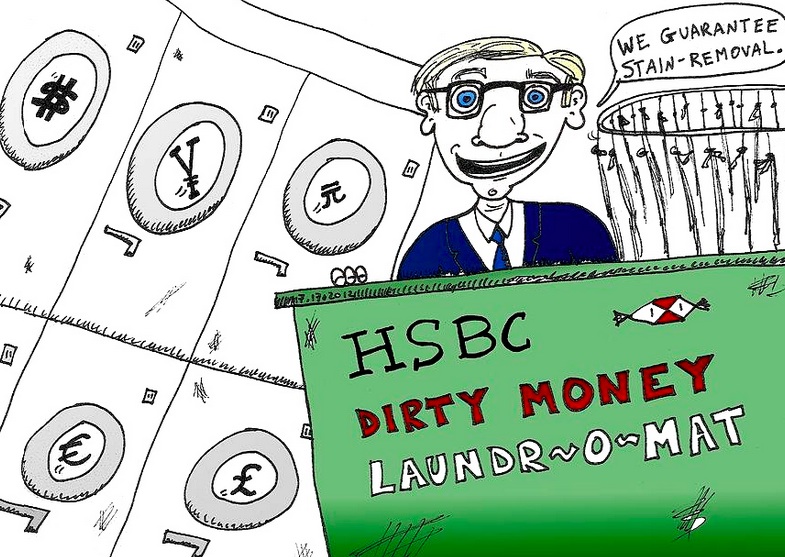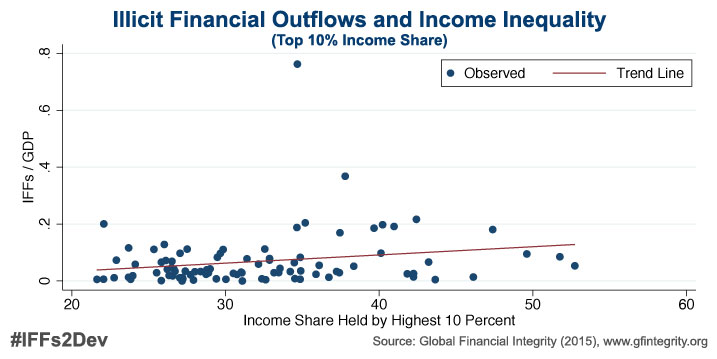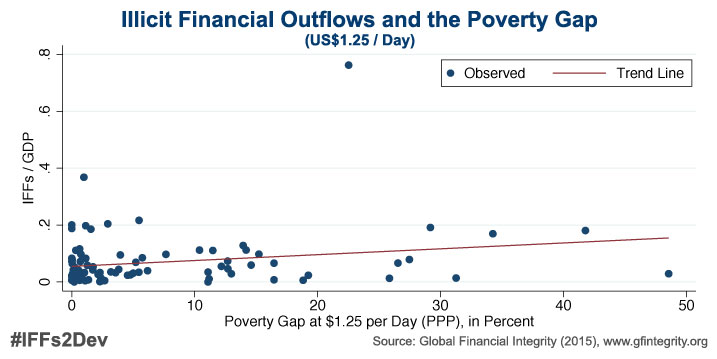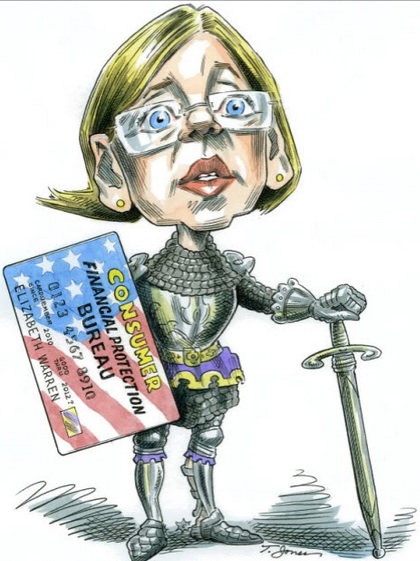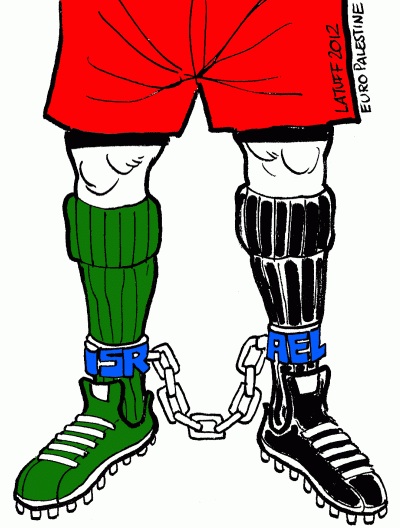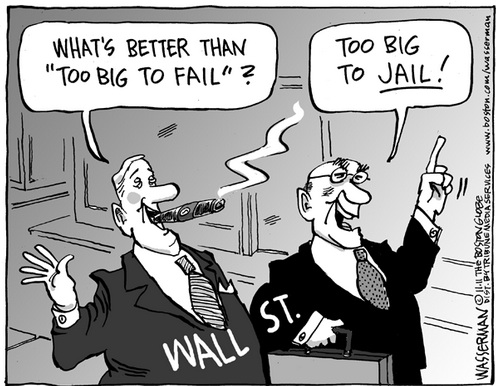Pinar Tremblay writes: The World Justice Project’s Rule of Law Index for 2015 reported on June 3 that Turkey has fallen 21 places. In its 2014 report, Turkey had ranked 59th among 99 countries. In 2015, it was ranked 80th among 102 countries. The study came out just a few days before the June 7 elections, and when only a handful of opposition media outlets published the news in Turkish, it caused no uproar.
But the findings of this comprehensive study are crucial:
Turkey worsened in 2014 and again in 2015. The World Justice Project explains its four principles, nine factors and 47 subfactors in gauging the rule of law. All countries are measured individually and then grouped into regions. Turkey is situated in the Eastern European and Central Asian countries. Out of 13 countries in its region, Turkey ranked sixth in 2014, and fell to 12th place in 2015.
Focusing on the data from Turkey, since 2012 the project has observed Turkey doing relatively well in regulatory enforcement and its civil justice system. However, its performance has been struggling on fundamental rights and government accountability. In 2015, Turkey ranked at the bottom, 13th, in its region and 96th among 102 countries in the fundamental rights category
Turkey has deficiencies in the functioning of the auditing system and political interference within the legislature and the judiciary have been reported as the major failures. Nongovernmental oversight by the media or civil society also regressed significantly in 2015.
.Though Turkey was rocked by corruption scandals in 2014, it still fares best in the main category, “absence of corruption.” Lawyers in particular complained that Turkey has a high rate of arrest and trial, but a rather low rate of prosecution because suspects can be arrested and sent to court without adequate evidence. The number of politically charged cases has increased tremendously since the battle to cleanse the bureaucracy of Gulen movement members. There are lists, rumors of lists and more lists coming through, alleging certain people are members of the movement and should be charged.
Metin Feyzioglu, chairman of the Turkish Bar Association said the major problem is the arbitrary enforcement of the law. Turkish researchers and scholars have also found similar matters — interference by the government into the judiciary and a lack of independent auditing — to be sore spots in Turkish legal system. The long suspected truth is that 12 years of AKP rule have not been such a success after all. For example, the UNDP Human Development Report indicates that even during the 1990s, a notorious decade for Turkey, saw higher development rates than the AKP era.
An entpreneur has to ask: is this a good country to do business in?



